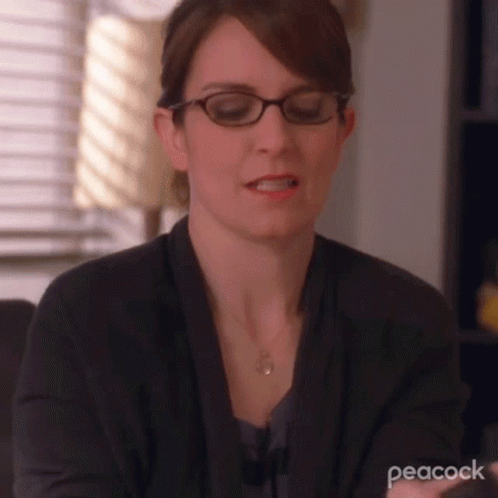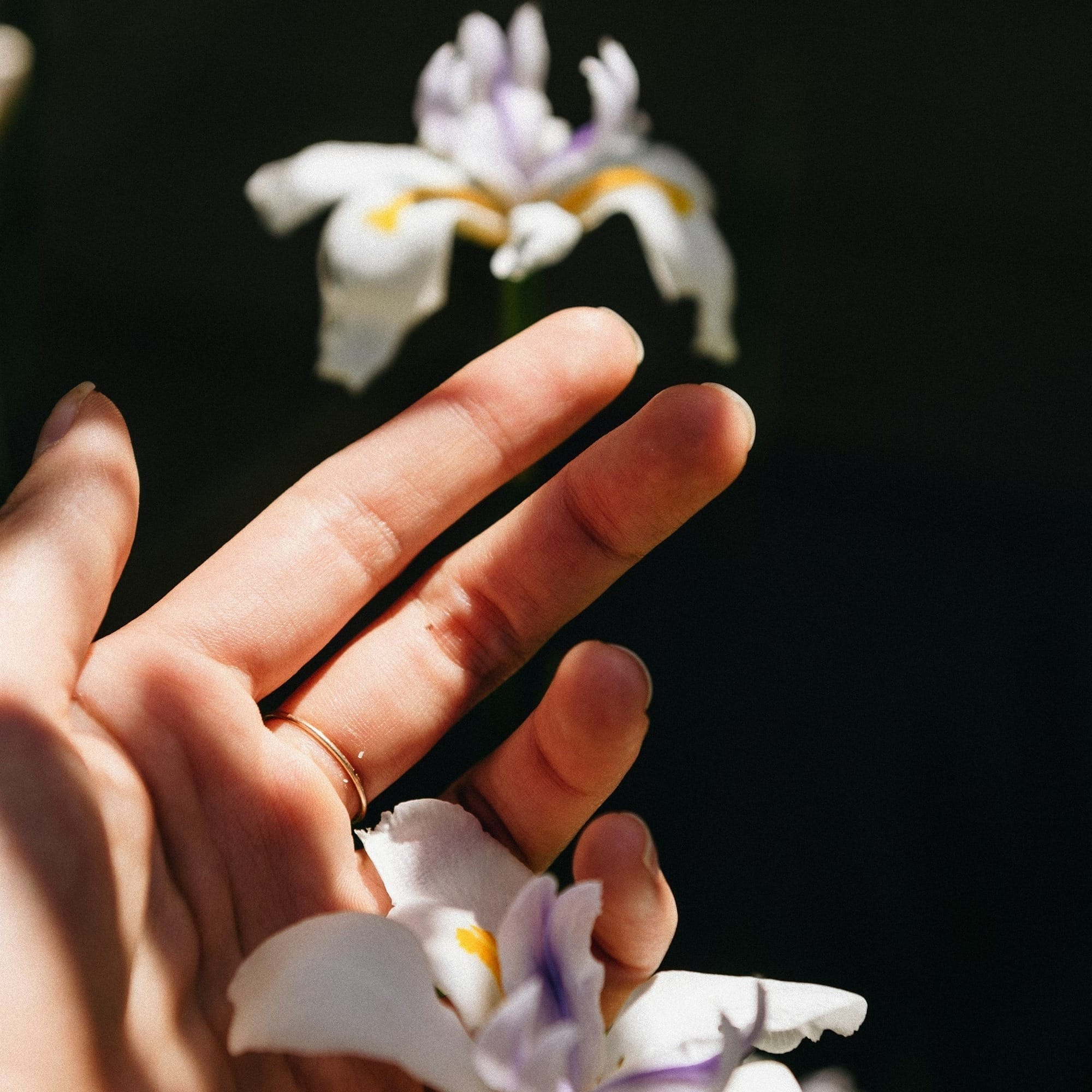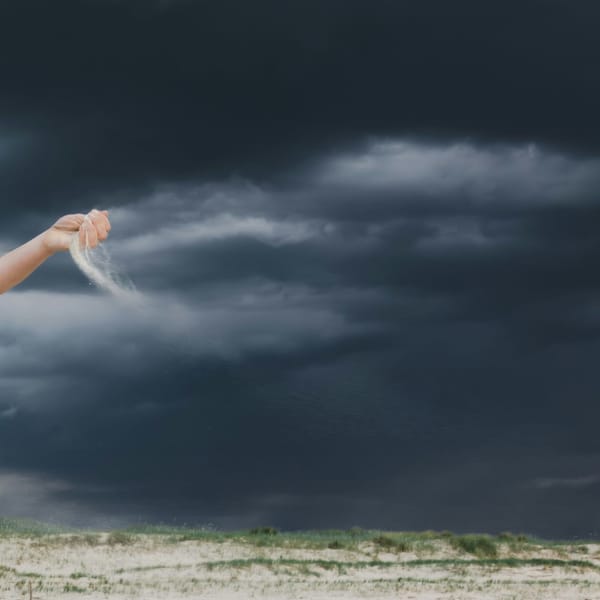What Stories Am I Passing Down to My Daughter?
We inherit more than eye color and family recipes. We inherit stories—about bodies, shame, worthiness, safety. These narratives shape how we parent, often without us realizing it. The question is: which stories are worth keeping, and which ones need to end with us?

My daughter is the light of my life and my moral compass. She has sparked more self-growth and introspection than any other crucial moment or heartbreak in my life, and that's saying something, as I am an immigrant, and that experience is one that truly changes you.
She is now six years old, and I have never been more in love.
I remember when she was only three years old, being her silly and goofy self from an early age. She would enjoy running around naked in our house, especially around bath time and bedtime routine. She is perfect, not in a perfectionist sense, but in the way that everything about her is just right: her smile, her eyes, her confidence, her attitude (well, not all the time).
But every time she would playfully run around naked, being silly, avoiding bath time at all costs, I felt this major discomfort in my body. I felt rushed and urged to make sure she covered herself up quickly.
"You are going to get sick if you don't cover yourself."
"It is too cold, hurry and get dressed."
"Please, put some clothes on."
I didn't even have the words to tell her why, because I didn't even understand my rush myself at the time.
The Question That Changed Everything

This went on for several months, until one day I asked myself: Why does this scenario make me feel so uncomfortable?
We are in a safe place. There is nothing wrong with her wanting to feel free in her home, to run naked and be comfortable. So, why were these moments triggering such discomfort for me?
I started to get curious. I reflected on what nakedness meant to me, if I had grown up with any sort of nakedness around me, what stories or narratives had I learned about my naked body when I was growing up.
And that's when it hit me.
The Stories I Inherited
Shame had always surrounded my naked body. I was also always rushed to get dressed, and so were those around me. I did grow up with two older brothers, so maybe there was a protective element my parents were trying to instill. But it was more than that.
Socially, the woman's naked body is always associated with sin, with shame. We're told that victims of sexual violence are often the instigators. "Well, what were you wearing that provoked that situation?"
The narratives of my own culture taught me how a woman must be modest, dress in a way that doesn't look too desperate, or send the wrong message. The advice from other women about how to dress. The looks I got growing up if I was wearing a short skirt or tight pants.
Nakedness was always a form of shame. Mixed with deep body image narratives about what a woman's body must look like, it created this discomfort with my own body. Feeling shame for the very vehicle that wraps who I am and enables me to show up and live life every day.
That belief became my own narrative: my body is shameful, it is bad, and I must hide it. Even though I tried to rebel against this by dressing however I wanted, I always questioned myself. I moved through the world covering myself up rather than just being myself.
This realization hit me like a wall. I DID NOT want to pass down this shame to my beautiful daughter.
What the Research Tells Us
As I processed all of this, I began looking into whether there was actual research supporting what I was feeling. And there was. A lot of it.
Studies show that how parents respond to their children's bodies and appearance directly impacts their relationship with shame. Research published in 2023 found that parental attention to children's appearance is linked to body shame in children as young as 7 years old. Even more telling, fathers' comments about appearance were particularly influential in developing body shame in both daughters and sons.
But here's what gave me hope: the same research on intergenerational patterns shows that conscious parenting choices can interrupt these cycles. Studies tracking families across three generations found that parents who develop self-awareness and emotional regulation can successfully break cycles of harmful patterns, even when they experienced difficult treatment themselves.
The science was validating what my gut already knew. I could choose differently.
I want her to stand tall and demand respect from a place of deep love for herself her full self, just as she is.
The Breaking Point
This realization hit me like a wall. I DID NOT want to pass down this shame to my beautiful daughter. I knew what living with this shame looked like: shrinking myself, hiding, not being too noticeable, not being too loud, because somehow the wrong attention would always be my fault.
I want my daughter to grow up feeling strong, capable, and empowered in her skin. I want her to feel that her body is a tool to help her live a life full of joy, love in all its forms, friendship, purpose, career, whatever makes her happy. I want her not to dim her own light. I want her to enjoy her body, to see what it's capable of, instead of it being a barrier that holds her back.
I want her to stand tall and demand respect from a place of deep love for herself, her whole self, just as she is.
The Hard Work of Unlearning

So I changed my behavior. I became careful about the words I use and what I say when she's naked. I'm thoughtful and curious, and let her develop her own conclusions about how she feels, what she wears. I steer away from anything that might plant those seeds of shame.
But here's the thing, awareness and reflection can create change, but I still feel that discomfort. Instead of acting on it, I lean into it and stay present to show up differently for her. Because she deserves it.
And this is not the easy route. It's actually the hardest way of showing up for our kids. Triggers are louder when we're in a rush, when we're upset, or stressed. Sitting with discomfort instead of reacting to it? That takes everything I have.
Breaking cycles isn't easy work. It requires us to sit with discomfort, to question the voices in our heads that aren't even our own
What Are We Really Passing Down?
I often think about the responsibility we have in how we raise our children. What they're learning from us. What we're unconsciously passing down. Because it all contributes to the society we're creating.
I'm not saying our kids' actions as adults are entirely our responsibility. But in the world we're living in today, can we do better? Can we raise humans who are kind and thoughtful, who see others for their humanity rather than their bodies?
Can I break this cycle of shame that was passed to me, just like the cycle of survival and struggle I wrote about before?
The Questions I'm Still Asking
How do we pass on strength without the shame? Awareness without the anxiety? Protection without the fear?
Am I ready to let go of the story that a woman's body is something to be hidden, controlled, and judged? Am I ready to teach her that her body is hers, that it's powerful and beautiful and not something she needs to apologize for?
Breaking cycles isn't easy work. It requires us to sit with discomfort, to question the voices in our heads that aren't even our own, and to choose love over fear in those small, everyday moments that shape our children's sense of self.
My daughter may never know the internal battle I fought in those moments when she ran freely through our home. But I hope she'll always know the feeling of being completely, unapologetically herself.
That's the gift I'm choosing to give her instead of my inherited shame.
What about you? What stories about bodies, about shame, about worth, about freedom are you carrying? And what are you ready to put down?
I'd love to hear from you in the comments below. What narratives did you inherit that you're working to change? What moment made you realize you wanted to parent differently? Your story might be exactly what another parent needs to hear.
If these questions resonate with you, I'd love to have you join me on this journey of peeling off the layers we've inherited. Subscribe to get my latest reflections delivered right to your inbox because sometimes the most important conversations happen in the quiet moments between the noise.




